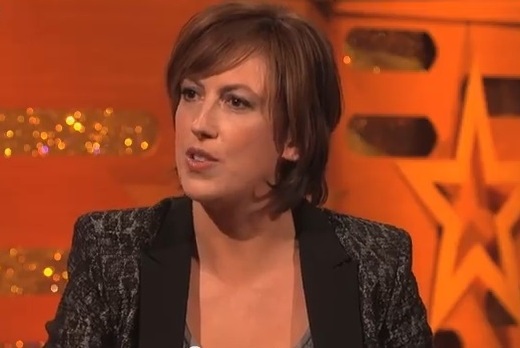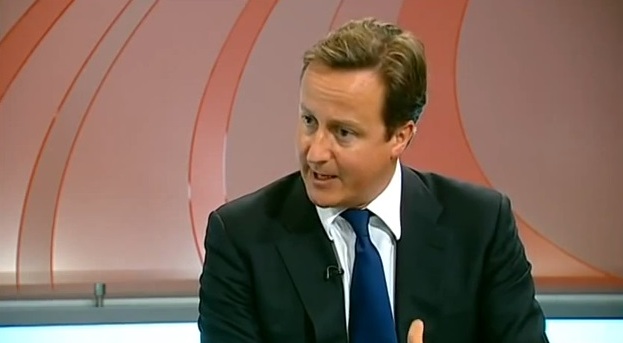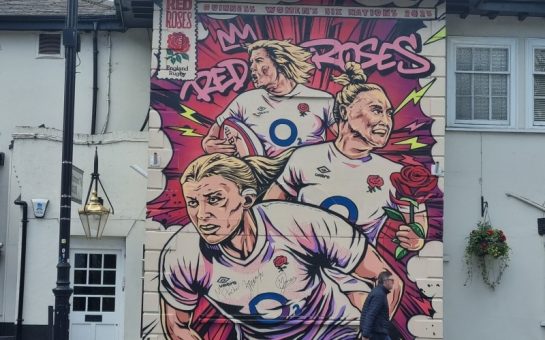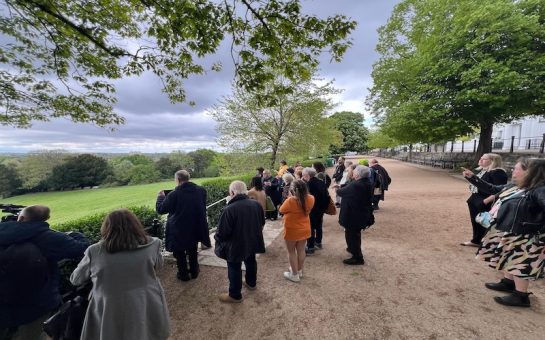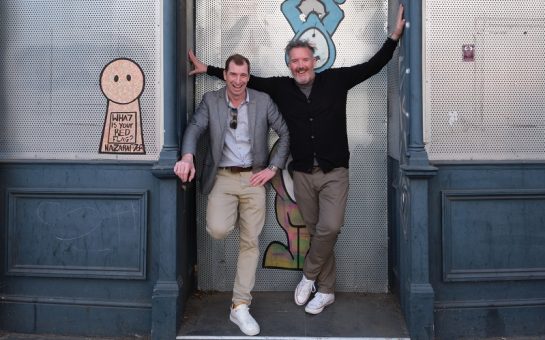A bigoted man once said: “Girls are like pianos, when they’re not upright, they’re grand.”
This bigoted man was Benny Hill and his scandalous gag brought the house down at the Royal Variety Show in 1960.
Even Her Majesty sneaked a cheeky chuckle.
But of course chauvinistic comedy has transformed since the 1960s – Sarah Millican is selling out stadiums nation-wide, Miranda Hart has set her sights on Hollywood and Absolutely Fabulous will soon be gracing the big screen.
Clearly the worm has turned: misogyny is out and equality is in… right?
Though wasn’t it just a few weeks ago that Dapper Laughs said girls were ‘gagging for rape’ and BBC comedian Andrew Lawrence referred to female comics as ‘women-posing-as-comedians’?
It would be easy to assume that sexist comedy has evolved since Benny Hill’s vulgar joke, but on closer inspection very little has changed.
There is still a gender gap right on our doorstep and it shows no signs of closing.
It bodes the question – can women ever be as funny as their male counterparts?
SW Londoner scoured the comedy scene of the southern boroughs to find a variety of up-coming comedians with a wealth of knowledge and experiences.
Their expertise shed some much-needed light on the stand-up comedy scene and thrust into the limelight those who are forced to linger in their colleagues’ shadows.
Vanity Fair ran an infamous article by Christopher Hitchens on this matter entitled Why Women Aren’t Funny, in which he espoused the view that the sole preoccupation of a man’s life is to make a woman laugh and, consequently, female comedians needn’t bother.
If this is true, it can only be considered a terrible shame that Britain’s string of morose male Prime Ministers wasted their time in office when they could simply have been reeling off jokes.
Perhaps David Cameron should be thinking about swapping Downing Street for Jongleurs after the 2015 general election?
Despite this humour isn’t exclusive to one sector of society – it certainly isn’t fussy about its mouth piece.
The beauty of comedy is its ability to defy all social barriers regardless of sexuality, creed, age or gender.
Humour is all about having a voice, so why is it that certain voices are being stifled?
Edinburgh Fringe star, Sam Deards, from Hammersmith said that radio and TV is entirely male-orientated, as has always been custom.
You need only flick through the seemingly never-ending re-runs of Mock the Week or Never Mind the Buzzcocks for proof.
Speaking of such shows, Sam said: “They are often male-dominated bear pits where women previously hadn’t had a look in or, if they have, they have been put on because they fit the gender stereotype in terms of looks or material.”
This notion was echoed by Sonia Aste, a finalist in Reading Comedy New Act of the Year 2013, from Twickenham, who astutely observed that until male and female comics are in equal number, there will be an unavoidable assumption that men are superior in their humour.
She said: “It’s like asking if there is a general consensus that women are better stay at home parents than men.
“Not necessarily but there are more women doing it and that is what we know.”
Sonia continued to deliberate our culture’s slow progression when it comes to the societal role of men and women, not only in comedy clubs but in banks, businesses and even the BBC where women are still suffering pay inequalities.
The Harvard graduate added: “As an example I did a professional gig and the promoter paid 50% less to me than to the other male comedians.
“This isn’t new. I’ve always earned a little less than my male co-workers, despite in some cases being better qualified.”
“I did a professional gig and the promoter paid 50% less to me than to the other male comedians.”
According to these comedians the blame can’t only be pinned to society’s warped preconceptions.
When asked whether audiences were harder on female comics there was a clear gender divide with every woman voting ‘yes’ and every man voting ‘no’ – how strange.
Katie Lane, a finalist in the Funny Women Awards 2013, from Streatham, claimed that audiences are consistently more demeaning, if not belligerent, towards female comics.
She said: “We can get sexist heckles and very patronising comments, like the old favourite ‘I don’t normally like female comedians but you were good’.”
I attended many a comedy night across the capital, all in the name of research of course, and it was clear that there’s a ‘if you can’t beat them join them consensus’.
If a female comic didn’t willingly jump on the sexist bandwagon, audiences were quick to ostracise or belittle her.
Surely allowing yourself to be dragged along by this fatiguing, misogynistic mule is not the best way to beat the trend?
Several male comedians were chivalrous enough to admit that, while they didn’t believe audiences were necessarily ‘hard’ on female comedians, they were undoubtedly treated differently.
Sam added: “Some female comics I’ve seen have had a tougher time with a more traditional audience who still go by the myth that women aren’t and can’t be funny.
“Funnily enough it is sometimes female audiences who can be harder than men on a female comedian performing.”
While the attitudes of audience members could do with adjusting, a large part of this sexist portrayal falls to the comedy club promoters as, after all, they are the ones doing the hiring and firing.
The BBC recently waded in on this debate, by deciding to use positive discrimination as a means of preventing exclusively male comedy panels.
Won’t this only perpetuate the idea of the ‘token female’ as Dara O’Brien puts it? And who’s to say this’ll stop the likes of Frankie Boyle or Jeremy Clarkson spouting their sexist profanities?
So where does comedy go from here?
As with any form of inequality, it seems we’re going to have to wait it out.
Women were only franchised 96 years and just 39 years ago it became illegal to discriminate against someone on account of their sex.
Hopefully there will soon be a gender balance on the comedy scene where female talent finally smashes through the glass ceiling.
The change will come with every woman who dares to bare her soul on the stage and tell a joke.
So, in the name of comedic trailblazing, here’s my contribution…
Knock, knock – who’s there?
Image courtesy of BBC via YouTube, with thanks
